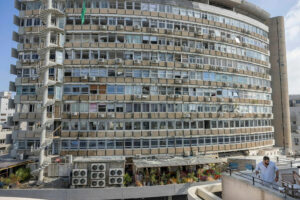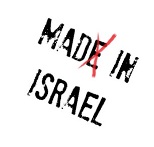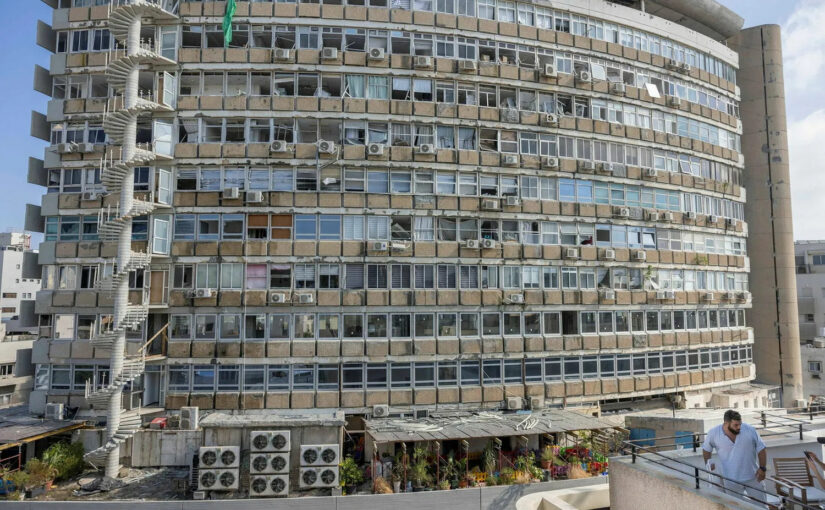Hi,
In 3:10 in the night a explosion was heard in the center of Tel-Aviv, a Houthi drone had exploded on a building killing one person and injuring eight more.
It is not the first time the first time drones are sent towards strategic and populated locations. The Iraqi militias had already sent drones towards the Golan Heights, Port of Haifa, Port of Ashdod, Hadera power station. We are just ignoring the attacks as they intercepted without damage or casualties.
It is not the first time an attack was made on Tel-Aviv, the center economic of Israel, not in this war and not at all. About 3 months ago, hundreds of drones and ballistic missiles were shot towards Israel and Tel-Aviv.
North of Israel is under constantly shooting and firing of drones, anti-tank missiles, rockets and missiles, and once in a while a soldier is wounded or killed. There are no citizens in north of Israel, along Lebanon border, as the settlements had been evacuated since the start of the war.
And still the drone, that managed to penetrate Israel areal defense systems and to kill a citizen at the middle of the might, is a new level in the war. There was not siren heard, that can alert the citizens to take cover, and it might be the drone was located and was not shot down.
Take Care
Gad
The Houthi Drone attack in Tel-Aviv as it was filmed from the beach (Source: Uknown)
 The shuttered glasses in the building in Tel-Aviv that was hit by the Houthi Drone (Source: haaretz.co.il)
The shuttered glasses in the building in Tel-Aviv that was hit by the Houthi Drone (Source: haaretz.co.il)
CCTV footage of the explosion in Tel Aviv. The sound of a drone can clearly be heard before the explosion. pic.twitter.com/nrQUUpyhJw
— Joe Truzman (@JoeTruzman) July 19, 2024
CCTV footage of the explosion in Tel Aviv. The sound of a drone can clearly be heard before the explosion.

